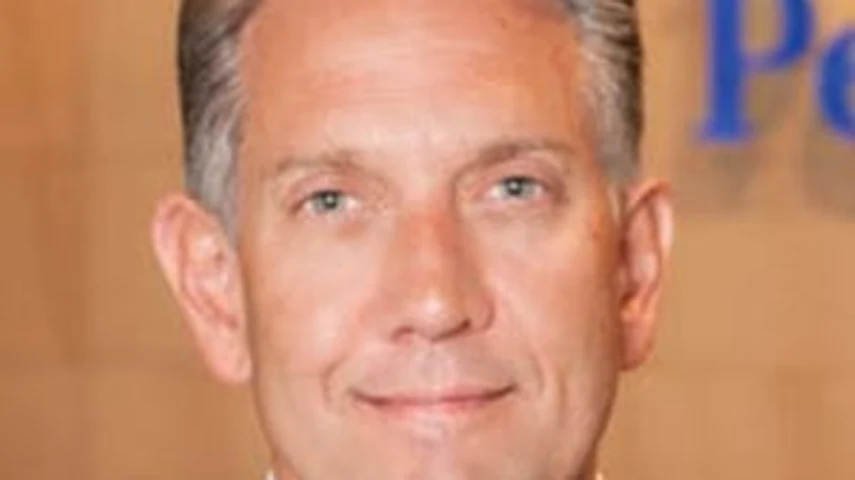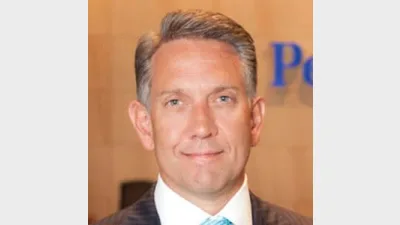Perpetual strategy paying dividends



Perpetual has moved further back into the black on the back of improving markets and its so-called business transformation program, reporting a 37 per cent increase in underlying profit after tax of $48.1 million for the first half.
The result, announced on the Australian Securities Exchange (ASX) today, saw the directors notify the payment of a fully franked dividend of 80 cents per share.
The result also included a one month contribution resulting from Perpetual's recent acquisition of the Trust Company.
Commenting on the result, Perpetual chief executive Geoff Lloyd acknowledged the significance of both improving markets and the company's business transformation program process put in place in 2012.
Looking at Perpetual Private, the company's report to the ASX said profit had risen 11 per cent over the same period last year to $4.9 million, with funds under advice increasing 10 per cent to $9.7 billion.
Lloyd said the company had been rebuilding Perpetual Private to simplify and refocus growth and that it now had a new sales and service model "with absolute clarity on our chosen high net worth target segments".
He described momentum as being good and suggested that Perpetual's acquisition of the Trust Company represented an exciting addition to Perpetual Private providing increased scale and leverage.
Recommended for you
In this episode of Relative Return Insider, host Keith Ford and AMP chief economist Shane Oliver discuss the latest shock consumer price index numbers, which rose to 3.8 per cent in October, as well as the shifting US market and calls for super funds to invest in infrastructure projects.
In this episode of Relative Return Insider, host Keith Ford and AMP chief economist Shane Oliver discuss the Reserve Bank of Australia’s cautious stance in response to persistent inflation, subdued growth prospects, and political shifts affecting the nation’s journey towards net zero emissions.
In this episode of Relative Return, host Laura Dew speaks with Rachel White, head of financial adviser services at Vanguard about how advisers can help Australians to feel confident in retirement.
In this episode of Relative Return Insider, host Keith Ford and AMP deputy chief economist Diana Mousina take a look at the Reserve Bank’s unanimous decision to leave rates on hold on Melbourne Cup Day and whether future cuts are still on the cards.








